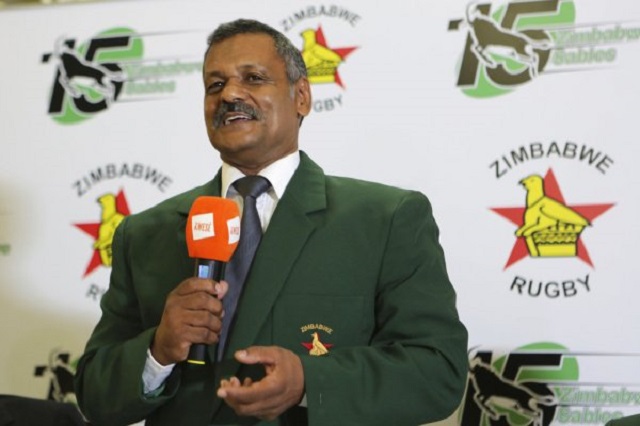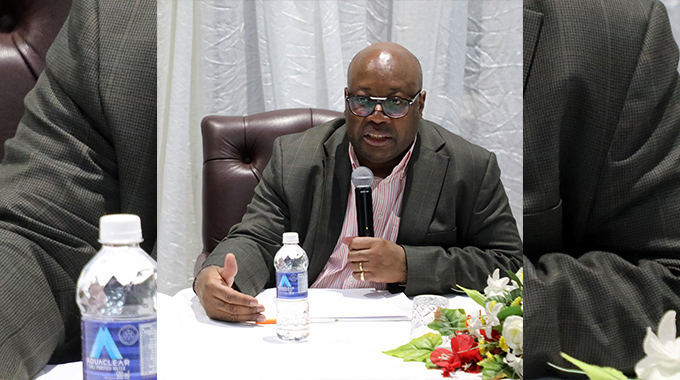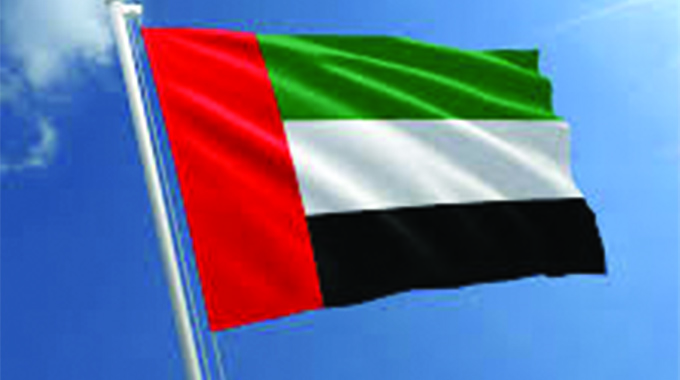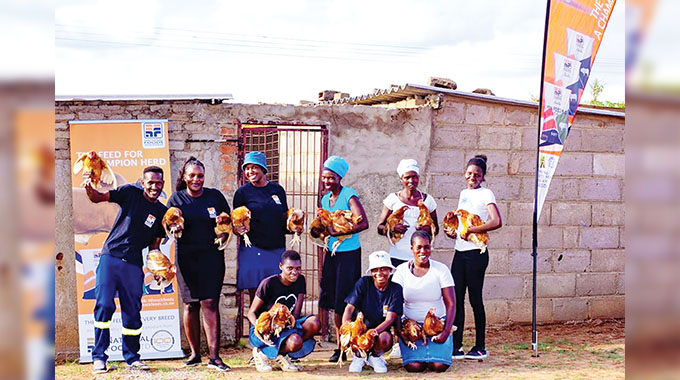Coca-Cola rallies industry to fight plastic pollution

Business Reporter
AS countries commemorate World Environment Day today the world’s largest beverages maker, Coca-Cola Company, and its bottling partners Delta Beverages, Mutare Bottling and Schweppes, have re-affirmed their commitment to help create a world without waste.
The World Environment Day was founded by the United Nations’ environment arm to promote worldwide awareness and action for the protection of our environment.
This year, the UN is calling on people across the globe to help “beat plastic pollution.”
In a statement the Coca-Cola Company said its system in partnership with industry players would continue to tackle the solid waste problem.
In January 2018, the global company launched a global goal to fundamentally reshape its approach to packaging through its World Without Waste initiative, which aims to collect and recycle the equivalent of 100 percent of its packaging by 2030.
“In Zimbabwe, we know there is a waste problem. As a result, we formed PetricoZim in 2011, a beverage industry collaborative initiative created to address the post-consumer PET problem.
This project started as a Coca-Cola system initiative (Coca-Cola Central Africa, Delta Beverages, Mutare Bottling Company and Schweppes Zimbabwe Limited) and has yielded excellent results — with PET collections of 2018 expected to double from 7,69 percent in 2017 to 15.38 percent this year, a growth from just over a thousand tonnes to two thousand tonnes of plastic.
“The PetricoZim collections have been an encouraging 160 tonnes per month since January this year,” explains Coca-Cola Zimbabwe country manager, Noma Halimana.
Across the continent Coca-Cola says its packaging focus on design, collect and partner is making strides. In South Africa, for example, it says the bottle water brand Bonaqua is packaged in an eco-twist bottle, which uses intelligent design to enable the bottle to be easily compressed and take up less space in the recycling bin.
In Uganda, the company’s bottling partner has invested $1,4 million in a subsidiary called Plastics Recycling Initiative (PRI), which is now the largest plastic recycling business in Uganda, collecting about 14 tonnes of plastic daily, empowering plastic collectors to earn a living, 80 percent of whom were previously unemployed women.
Similarly in Kenya, Coca-Cola has partnered with like-minded industries to launch the PET Recycling Company (PETCO), to promote and regulate the recycling of PET material after their initial use.
“We will be taking these examples from across the continent and learning from them to innovate and invest in a waste-free Zimbabwe,” said Maserame Mouyeme, public affairs, communications and sustainability director for Coca-Cola Southern and East Africa.
“Bottles and cans should not harm our planet, and companies like ours must be leaders. Consumers in Zimbabwe and around the world care about our planet, and they want and expect companies to take action. That is exactly what we’re going to do, and we invite others to join us on this critical journey,” said Mouyeme.
The Coca-Cola Company is the world’s largest beverage company, offering over 500 brands to people in more than 200 countries. Of its $21 billion brands, 19 are available in lower- or no-sugar options to help people moderate their consumption of added sugar. Together with its bottling partners, Coca Cola employs more than 700 000 people around the world.










Comments